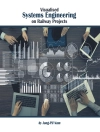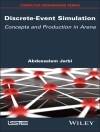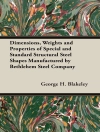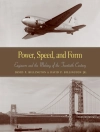This book highlights and explains the significance of philosophical, logical, and scientific principles for engineering education/training and engineering works. In so doing, it aims to help to rectify the neglect of philosophy and logic in current education and training programs, which emphasize analytical and numerical methods at the expense of the innovative practical and creative abilities so important for engineering in the past. Individual chapters examine the relation of philosophy, logic, and science to engineering, drawing attention to, for example, the significance of ethics, the relevance of the philosophy of science, and the increasing importance of application of fuzzy logic to engineering. Modeling principles and philosophy in engineering are discussed, and the impact of different education systems, examined. Too often engineers have become reliant on readily available formulations and software; this book offers an antidote, promoting the recognition of artistic and humanitarian aspects and their integration in engineering works.
表中的内容
Introduction.- Intelligent Reasoning Elements.- Philosophy and Engineering .- Logic and Engineering.- Science and Engineering.- Education and Engineering.- Future Trends.
关于作者
Prof. Zekâi Şen is a researcher at the Civil Engineering Faculty, Istanbul Technical University, Turkey. He has worked in various countries and in different faculties, such as earth sciences, hydrogeology, astronautics and aeronautics, and meteorology. His main interests are hydrology, water resources, hydrogeology, hydrometeorology, hydraulics, philosophy of science, and history, and he has acted as a national and international consultant on water resources, renewable energy alternatives, earthquake engineering, earth sciences, and similar projects. Prof. Sen has written several in English: Wadi Hydrology (2008, CRC Lewis Publishers), Solar Energy Fundamentals and Modeling Techniques (2008, Springer), Spatial Modeling Principles in Earth Sciences (2009, Springer). He is the recipient of various national and international scientific prizes, including from the Science and Technology Center of Turkey and King Abdulaziz University, Saudi Arabia; from 2002 to 2007 he contributed to the IPCC, a period that culminated in the award of the Nobel Peace Prize to the IPCC.












